Today we are going to tackle a theme that is particularly close to my heart. It is one of my main, even MY main hobbyhorse for those who know me and have already seen me on a field!
Why communicate?
Have you ever attended a football, rugby, handball, etc. match where the players do not speak to each other at all? Impossible I think ... the same for the padel, it shouldn't exist, in my opinion.
Le padel is a team sport that is played with only 2 (several parameters of the padel sometimes this sport is also considered as an individual sport… we will come back to this issue in another column). It is this collective dimension that is important to take into account when talking about communication between partners during a match.
Communication is ESSENTIAL in this sport. Too often still my partners for a day, during friendly games, do not speak at all on the field ... too often still, when I approach this aspect of the game with them, they answer me: "but it is useless. "; or "it's too hard to talk while playing"; or even "but you know very well that they are going up / have remained at the bottom"; etc.
Among those I prefer is the famous "2"! "But 2 what?" "Well, 2 at the net, they tell me ..." Ahhhh, and suddenly if they are at the bottom, what do you say? »And there is the white one… another one? "But why didn't you tell me he was advanced?" »Answer:« well… they weren't together so it's impossible to tell you ».
In short, you will surely see what I am talking about, and you have most certainly already encountered these situations (unfortunately).
Communicating will allow your team to avoid many unforced errors or gifts to your opponents. It will also avoid frustration and nervousness on both sides: you miss because your partner did not tell you that the opponents have stayed at the back and you put the ball in the back glass while attempting a difficult lob or, you put the ball in the net while trying a chiquita (ball in the feet of the volleyball player)… your partner will be angry because you made the fault; you will be angry and frustrated because the ball played was tactically wrong (opponents at the back, we play down, without risk by pushing the ball to the back, and we take the net).
When to communicate
Often my partners don't give me any info when I have to play a high ball or when I'm back to the court (not just on a lob). When I do the comment I hear "but it wasn't a lob, so that's no use!" ". Fault ! From the moment your eyes are no longer in front of your rivals, you have to communicate. From that moment, your partner becomes your eyes, because the opponents will take advantage of this situation to change their placement: one of the two will perhaps advance slightly or rush to the net to surprise you.
It is therefore necessary to speak to your partner as soon as he is the one who will play the ball next, and his eyes are no longer in front of the field.
Be careful not to start speaking too late. If you give out the info at the last moment (that is, almost when your partner is about to hit the ball), it is too late. He will surely have made his choice and his brain will not have time to process the information ... direct fault or gift in sight!
Your role without the ball is as important as the role of whoever strikes the ball. So you have to start talking as soon as you know your partner is going to play the next ball.
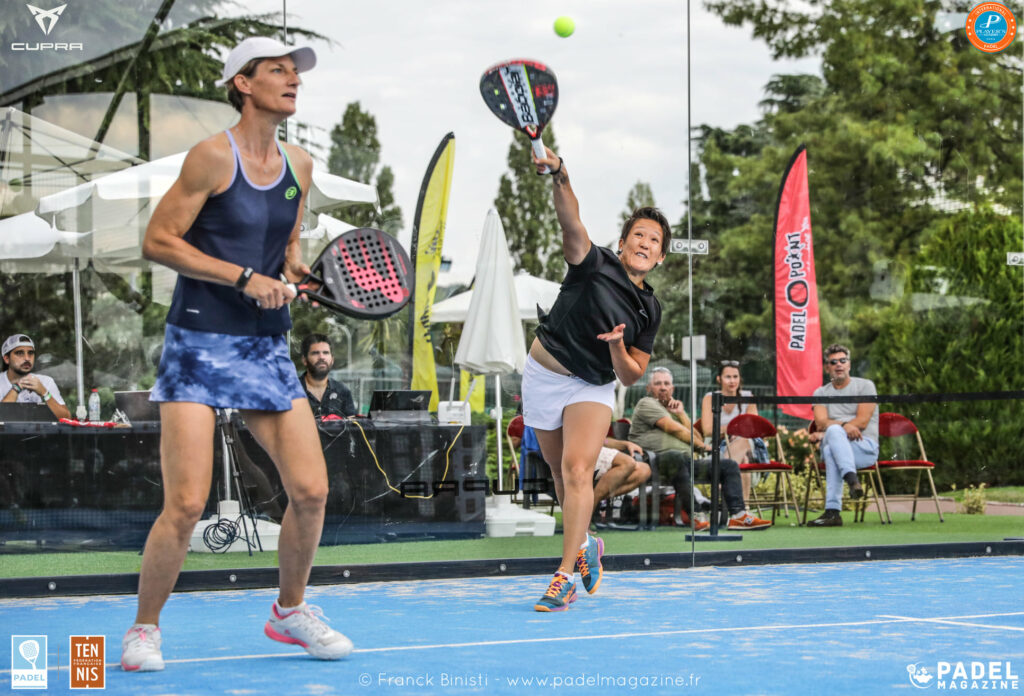
What types of communication and how?
This is where you and your partner absolutely need to know the right words to use to make it clear to everyone. To know each other and come to an agreement, an upstream discussion is necessary.
Some will be more comfortable with the right-left, others with the first names or the diagonals, or, finally with the words "yours-mine".
Be careful, there is no truth to the words to use. The only perfect communication is one that you and your partner will understand and feel comfortable with.
For example, if you choose the right-left, agree to speak of the same right and left. Some speak diagonally, others hear it in a straight line ...
As soon as the ball leaves your opponents' racket, you have to start talking! And talk continuously. Why ? Because the brain will process continuous information much more easily.
Examples: "bottom, bottom, bottom, half, fillet" or "bottom, bottom, yours to the fillet", etc.
At high level, the players talk nonstop. This makes it possible to naturally announce changes in the position of opponents. And, on this point, it is possible to do like the pros. Let's take advantage of it!
What are the possible placements, to be announced, padel ?
Often I hear about 3 placements: bottom, middle and glued. For me there are 4: bottom, middle (or half), thread AND glued.
Indeed, announcing an opponent at the net or glued, is for me different. Net is the classic place of the volleyball player. In this case we can either lob (if the situation is favorable to us, or play a petite, or try the famous “croquette” (slow passing-shot on one side… do not overdo it, it is difficult to achieve and therefore risky).
Glued means that the opponent has the navel on the net.
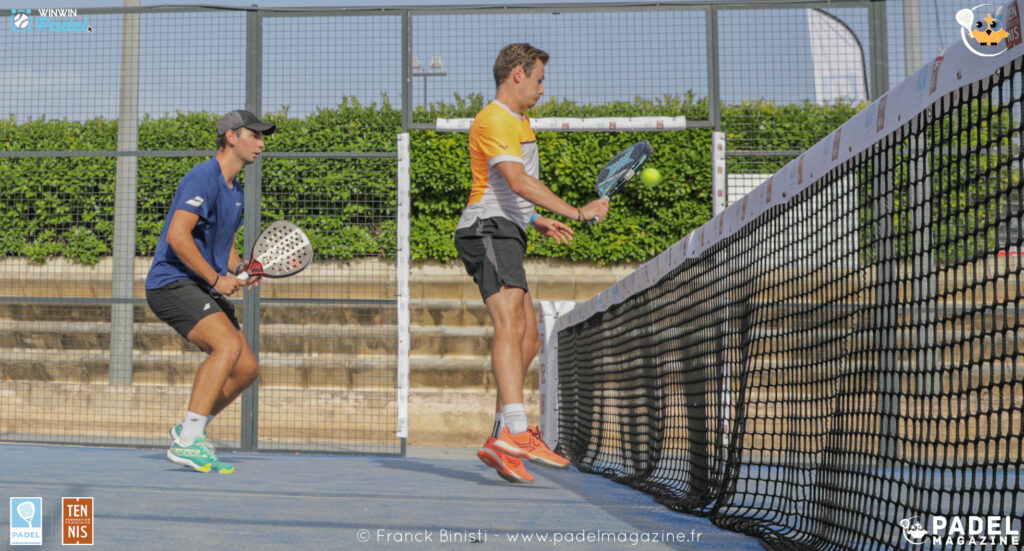
At this point, you can either hit him hard (hoping he can't control the ball at high speed) or more likely play a lob. The croquette or the chiquita are impossible with this position. But, if your partner does not make the difference, it will lead to bad tactical choices and therefore lost points, gifts for the opponent ... frustration and nervousness for your team. Pity.
In short, I think you have understood the capital importance of communication at padel, and especially the importance of communicating intelligently (at least I hope you understood…).
There is nothing natural about it! You have to train yourself to communicate, to force yourself at the beginning so that it becomes automatic! Force yourself to take your eyes off the ball as well as your partner, when it is the latter who plays the next ball.
As I often say, your partner is the only player on the pitch you never see ...
Ready ? Play! Speak !!!
¡Que disfruten!
Line Meites is one of the best French players in padel. It's the voice of your live on Padel Magazine. But not only, she also hosts the column “Investigations of the Swiss Army Knife”. Every month, she will come back to a controversy or a theme that is close to her heart.




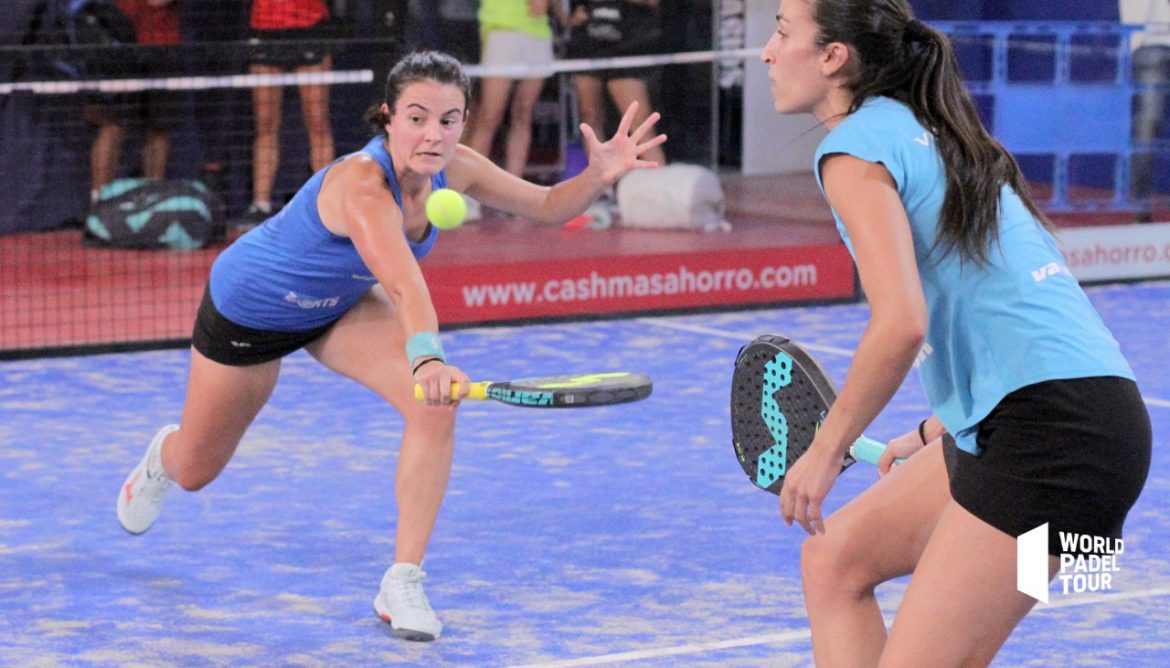













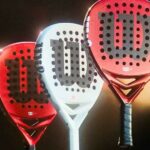



















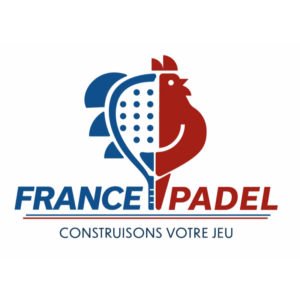





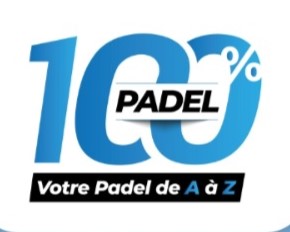




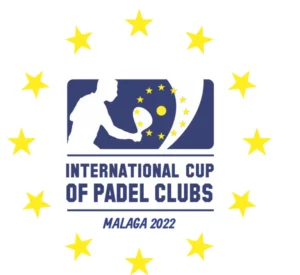
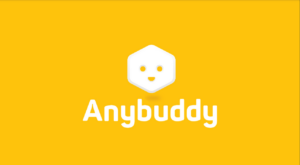

















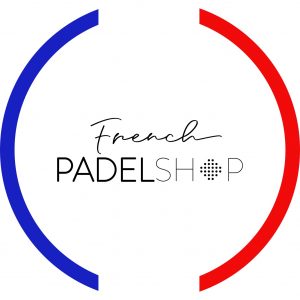

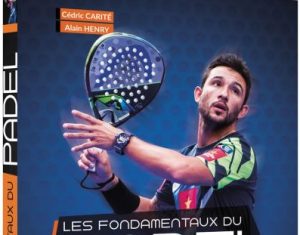


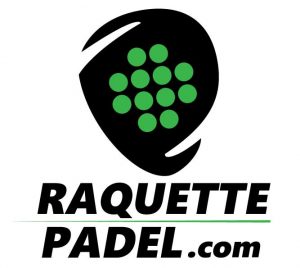








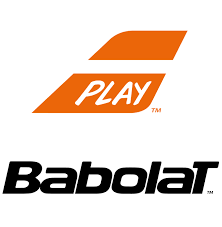



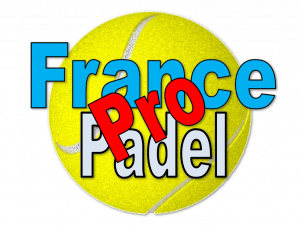




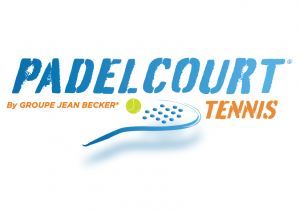









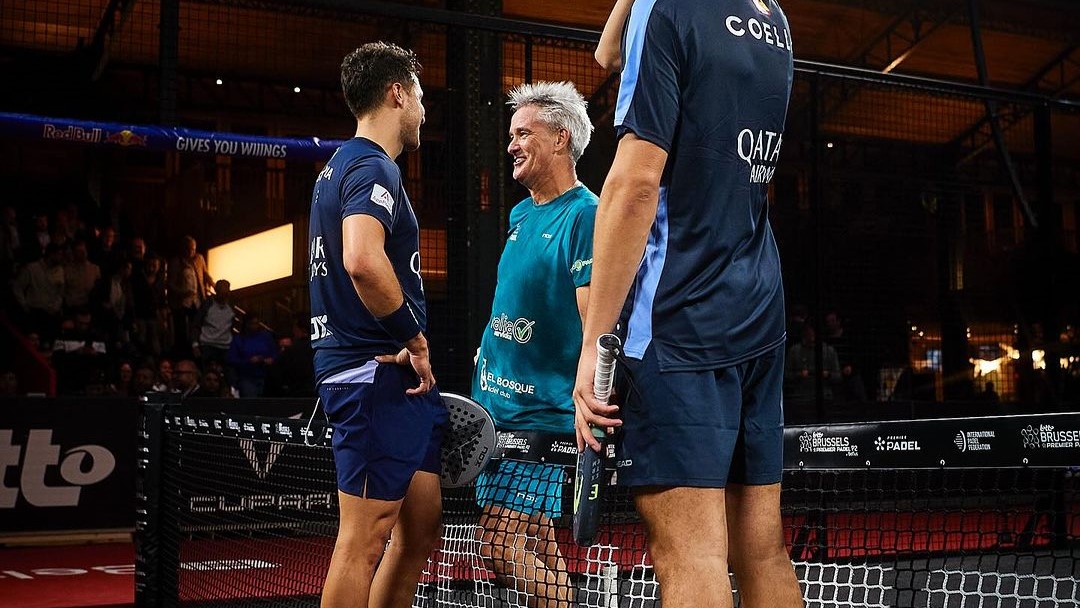 Agustin Tapia salutes the longevity of Miguel Lamperti
Agustin Tapia salutes the longevity of Miguel Lamperti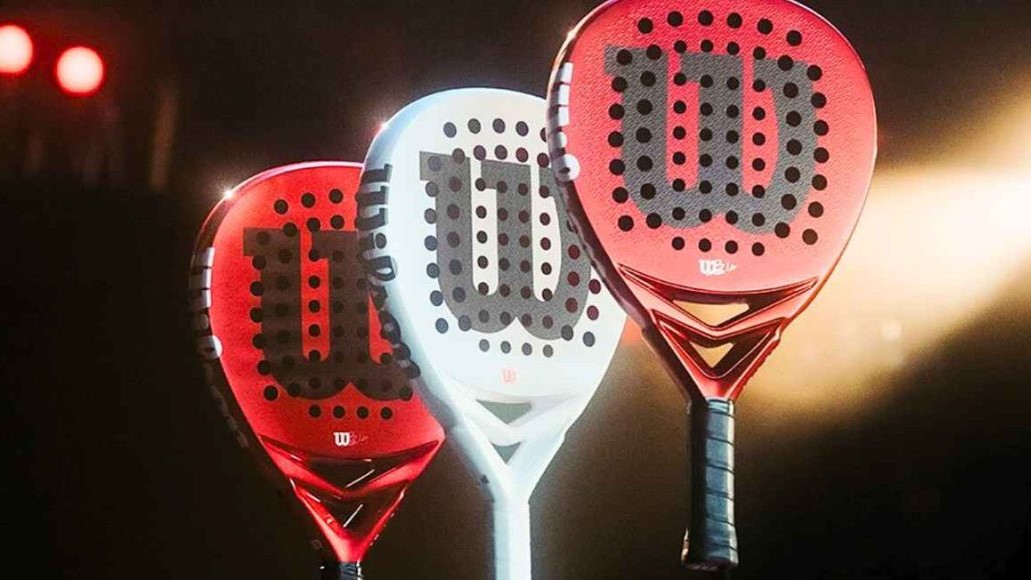 Presentation of the Wilson Bela V2.5 collection
Presentation of the Wilson Bela V2.5 collection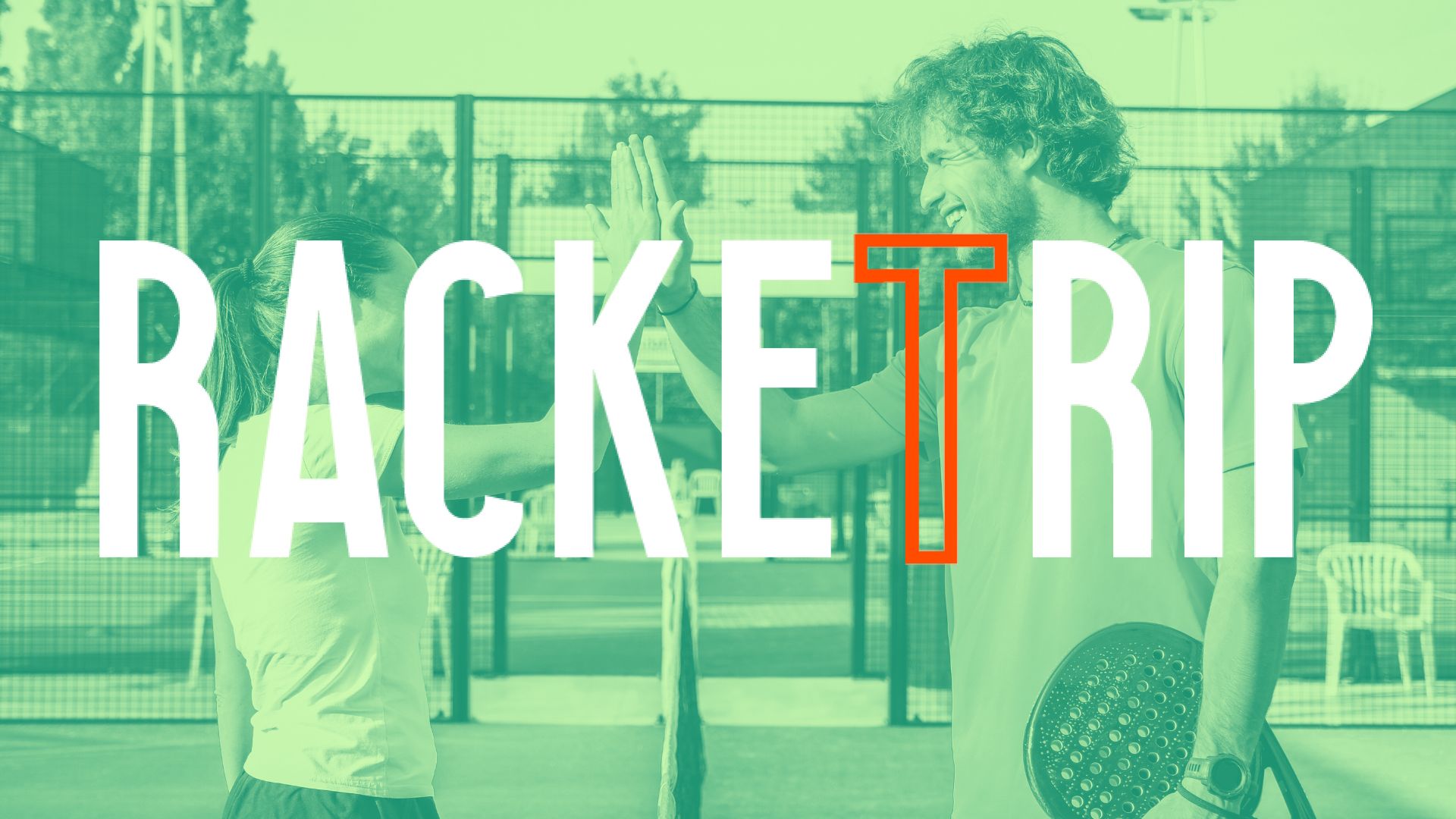 The LinkedIn of racquet sports: Racket Trip
The LinkedIn of racquet sports: Racket Trip Guillaume Codron de Sud Padel : “A family project”
Guillaume Codron de Sud Padel : “A family project” Nallé Grinda: “Democratize the padel in the USA with PadelX "
Nallé Grinda: “Democratize the padel in the USA with PadelX "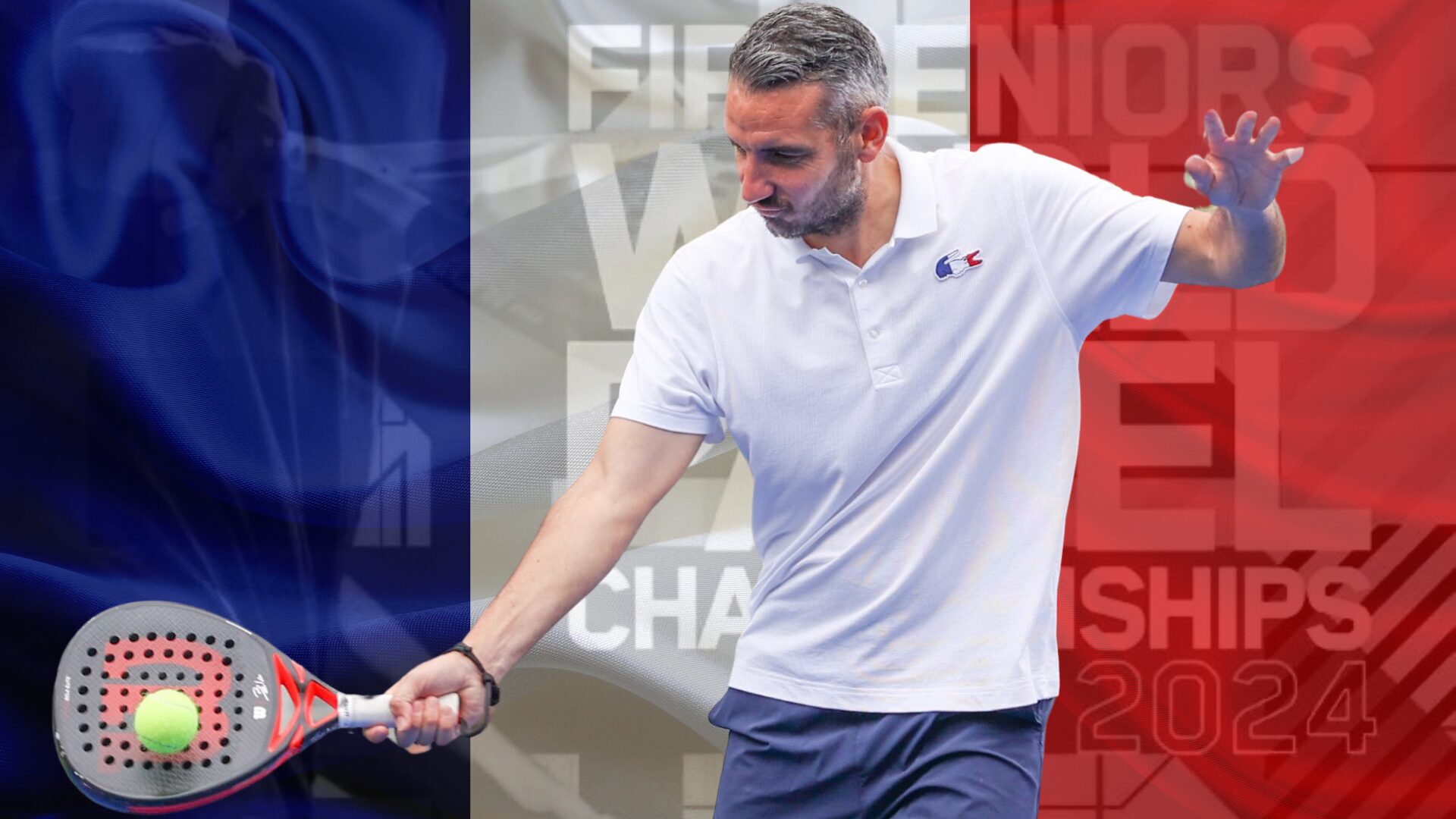 Simon Boissé: “We know that there are two nations in front of us”
Simon Boissé: “We know that there are two nations in front of us”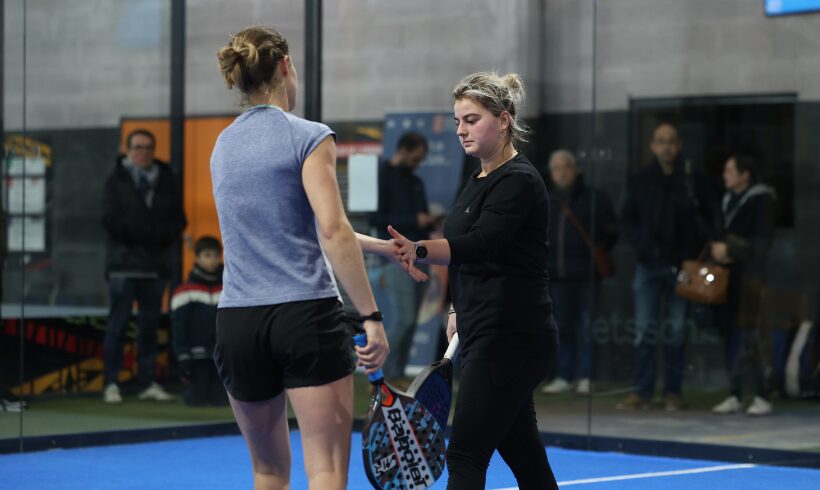 Marie Maligo: “This period of frequent changes of partners was beneficial for me”
Marie Maligo: “This period of frequent changes of partners was beneficial for me” The All Star Tour returns on May 16 at the All In in Lyon
The All Star Tour returns on May 16 at the All In in Lyon D-7 of the “BetClic Remontada Padel”, at the foot of the Eiffel Tower
D-7 of the “BetClic Remontada Padel”, at the foot of the Eiffel Tower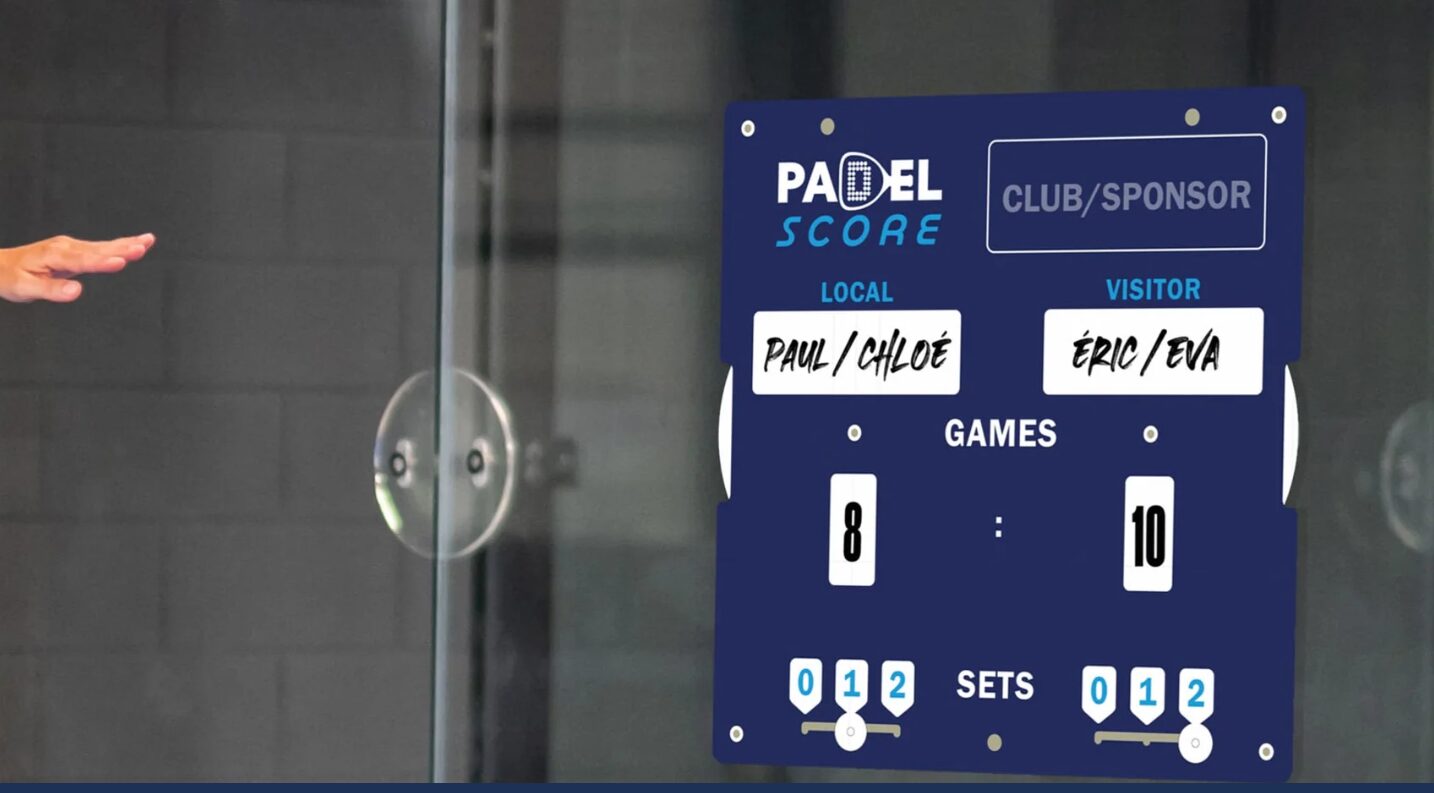 Padel Score: an essential table for keeping score
Padel Score: an essential table for keeping score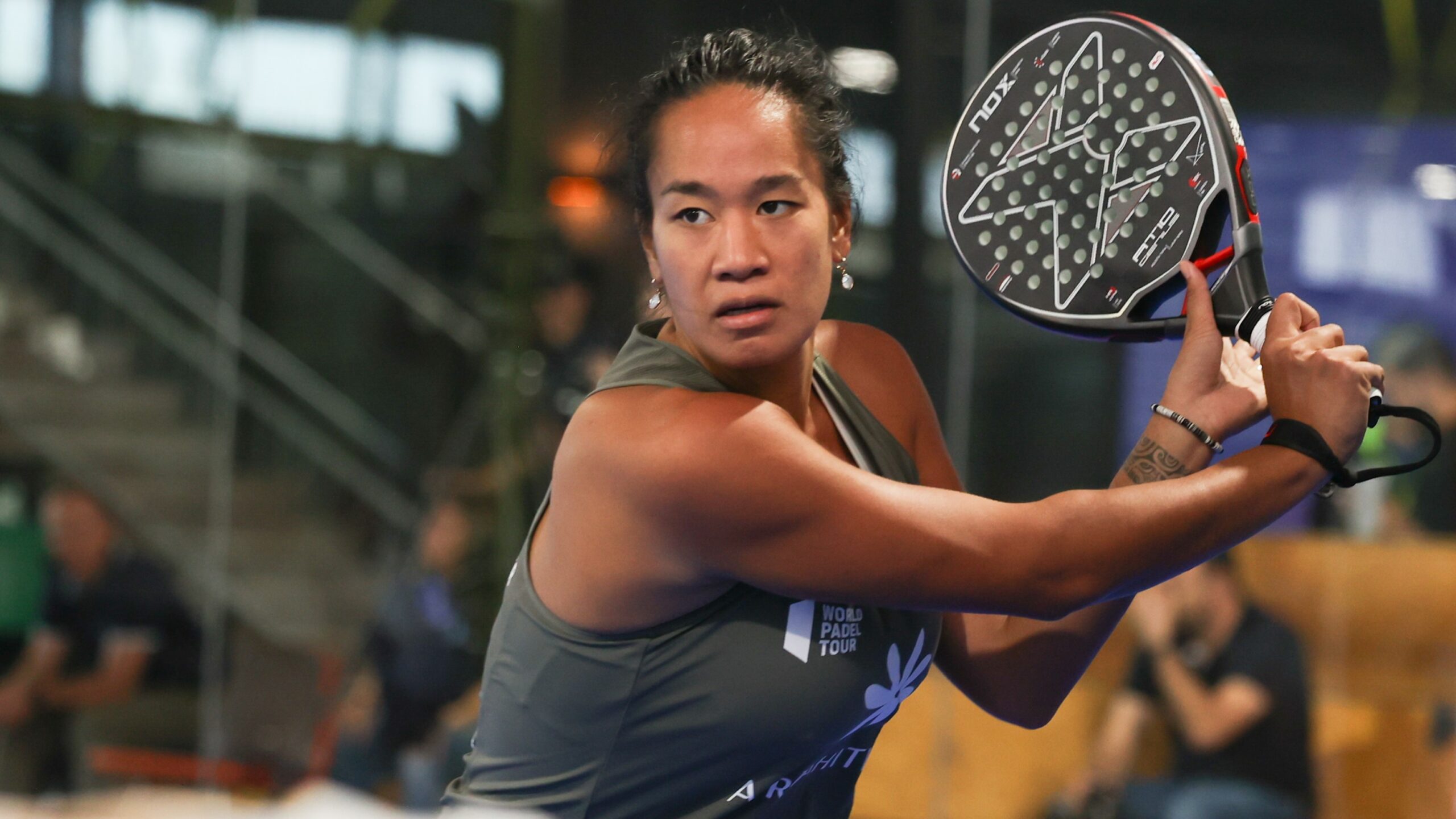 Léa Godallier makes her big return to the slopes this weekend
Léa Godallier makes her big return to the slopes this weekend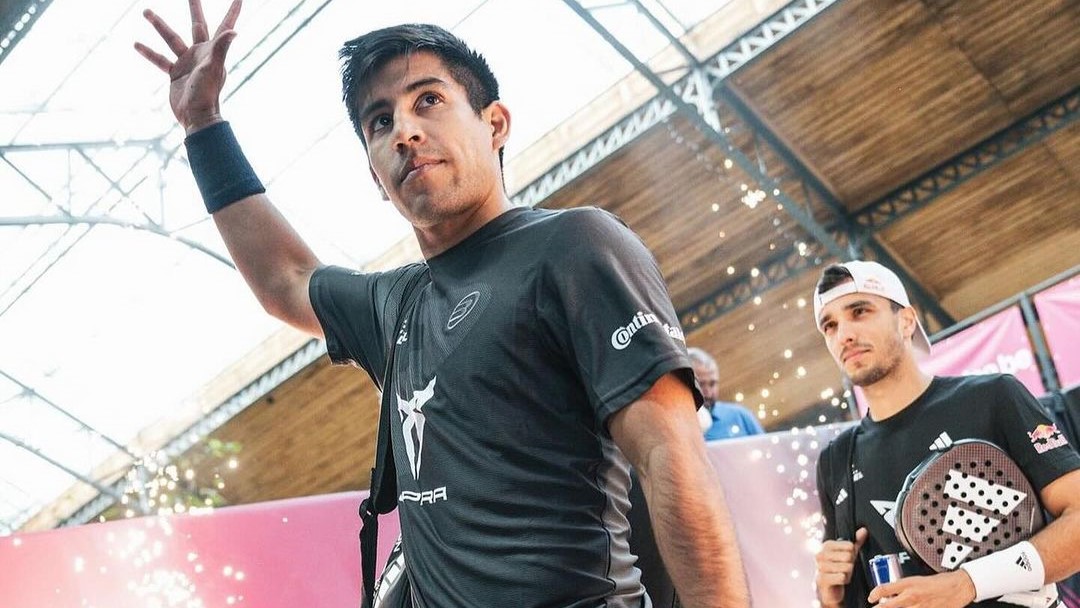 Premier Padel Brussels P2 – “Chingalan” on the way to its second final
Premier Padel Brussels P2 – “Chingalan” on the way to its second final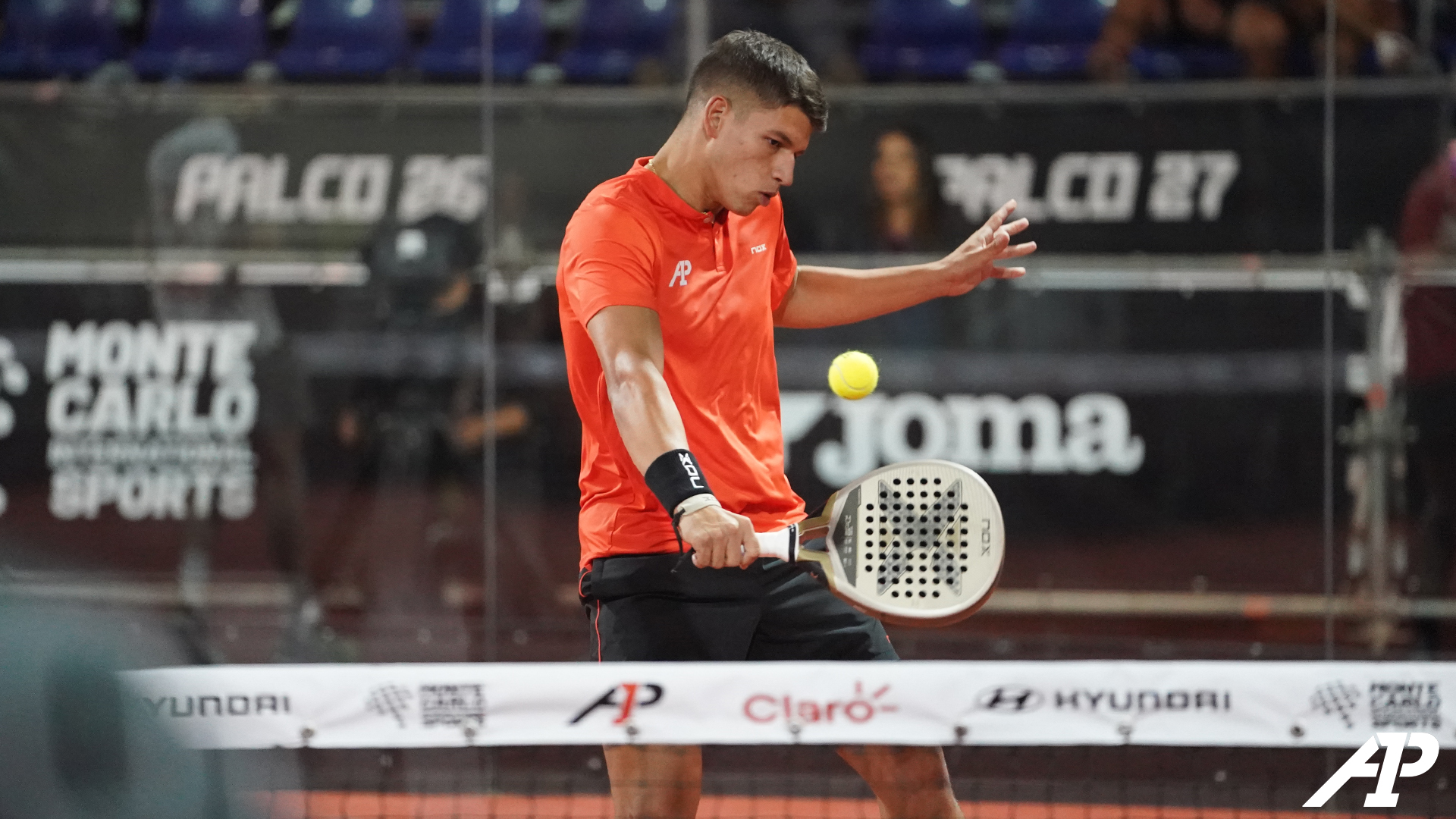 Martin Abud joins Team Nox
Martin Abud joins Team Nox José Manuel Escin at the inauguration of Casa Padel DOS: “Finally, and thank you!”
José Manuel Escin at the inauguration of Casa Padel DOS: “Finally, and thank you!” Padel Score comes to Tahiti for American Express Padel Cup!
Padel Score comes to Tahiti for American Express Padel Cup!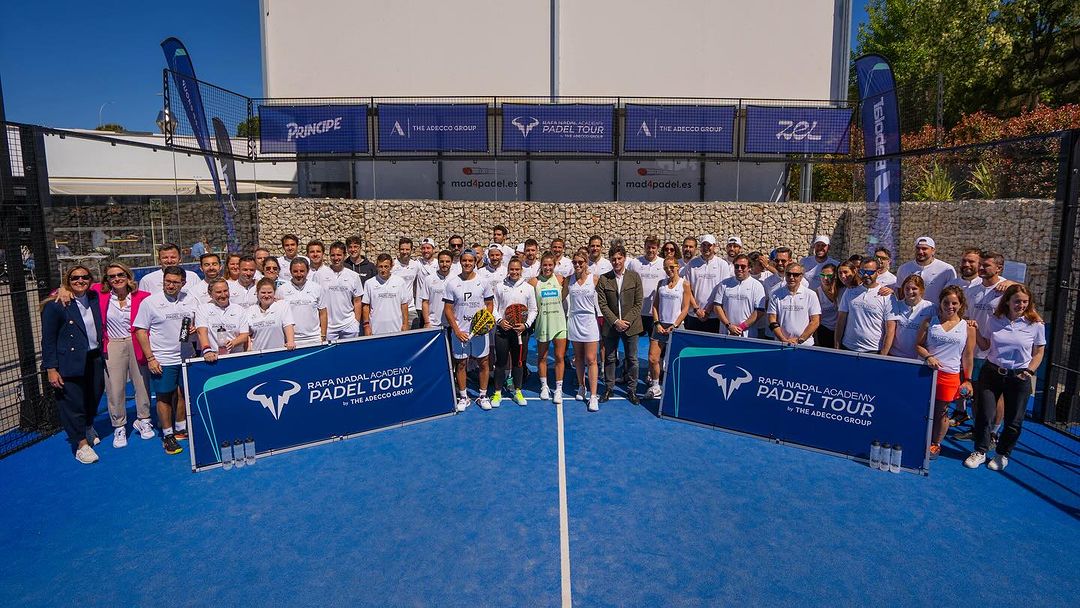 Do you know the Rafa Nadal Academy Tour?
Do you know the Rafa Nadal Academy Tour?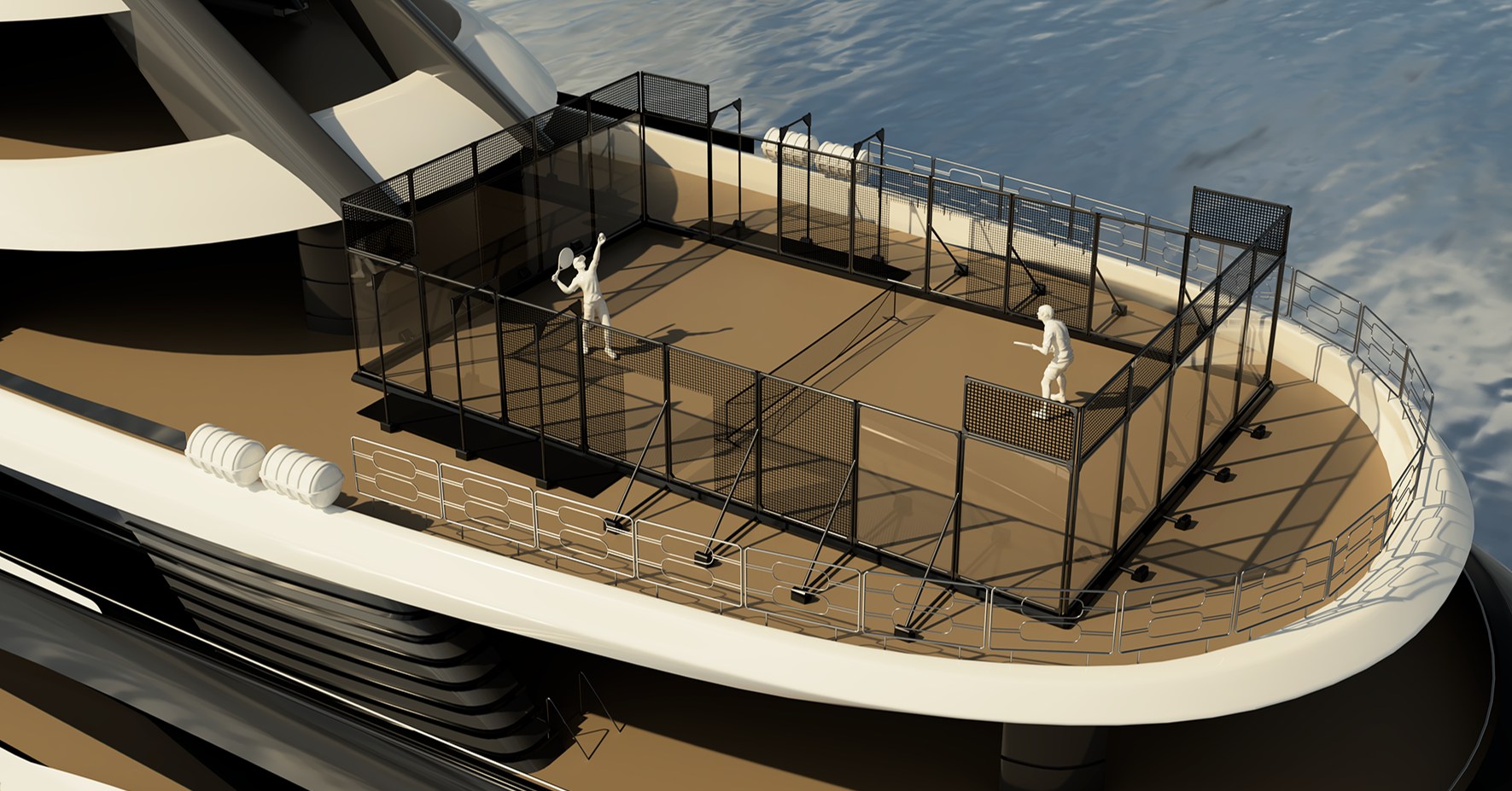 Play at padel on his yacht? Possible for €233.000!
Play at padel on his yacht? Possible for €233.000!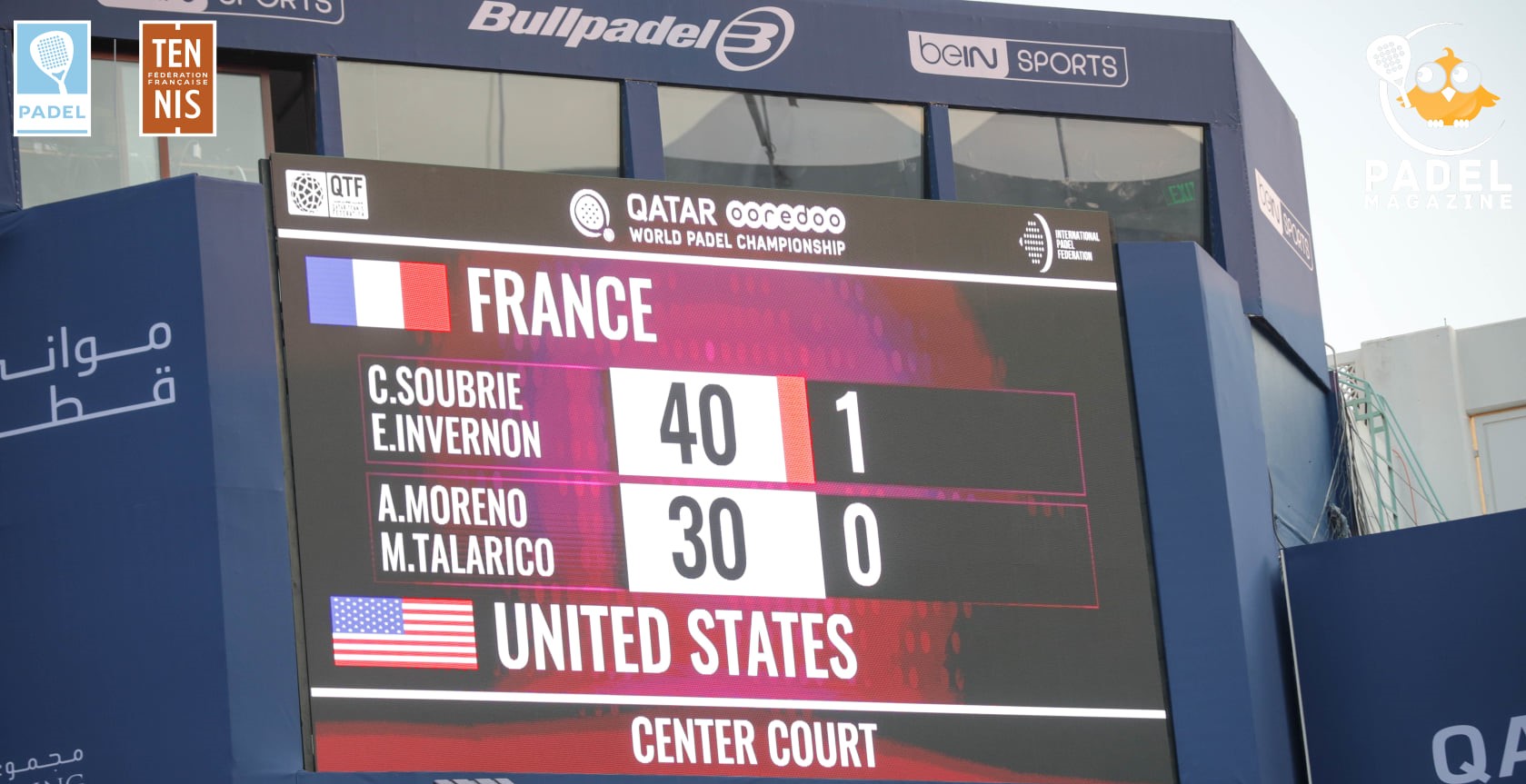 The score at padel : manual
The score at padel : manual Our Top 10 training courses padel in France and Europe
Our Top 10 training courses padel in France and Europe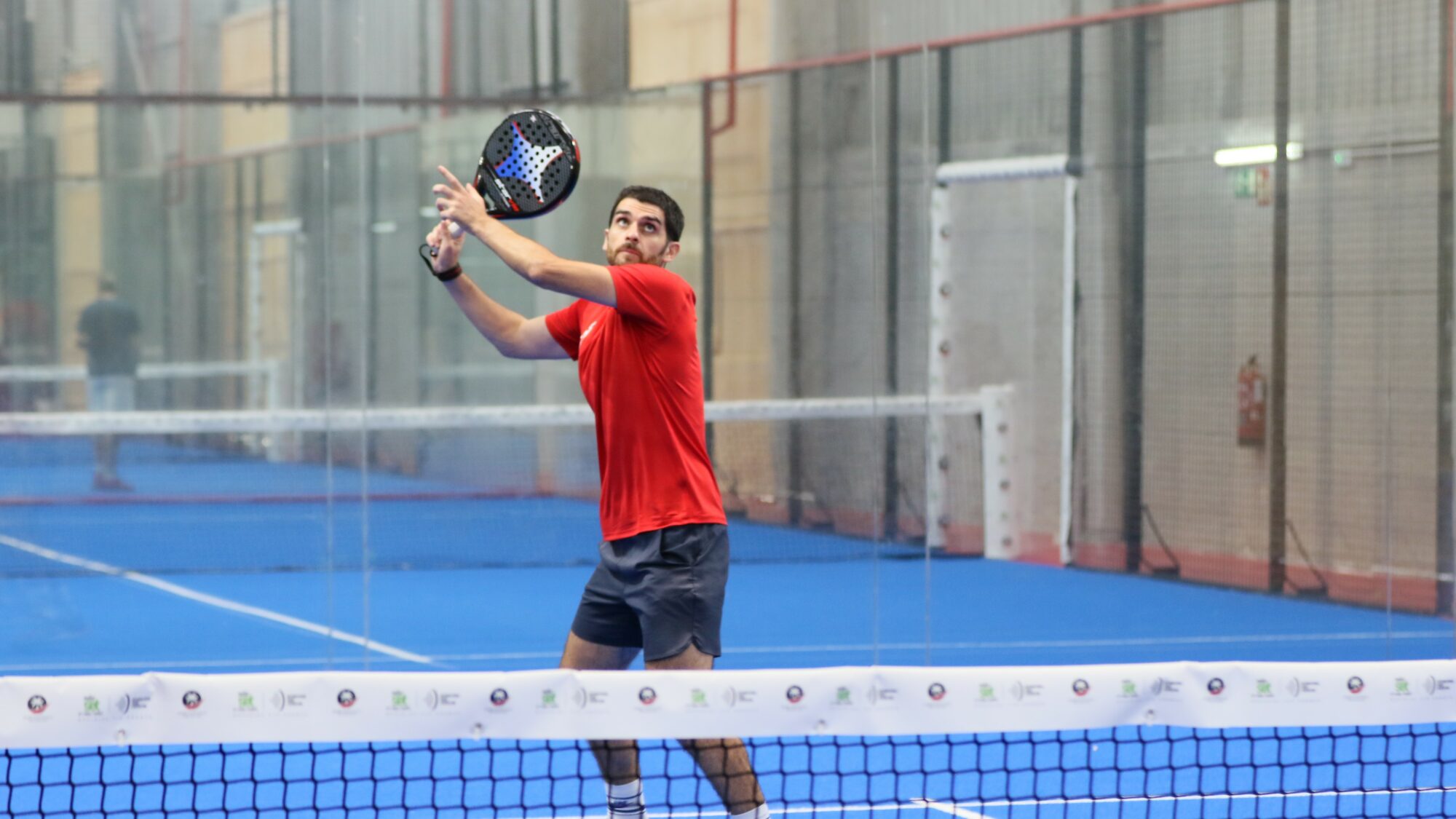 At the heart of padel – Episode 25: Paul and Andoni answer your questions
At the heart of padel – Episode 25: Paul and Andoni answer your questions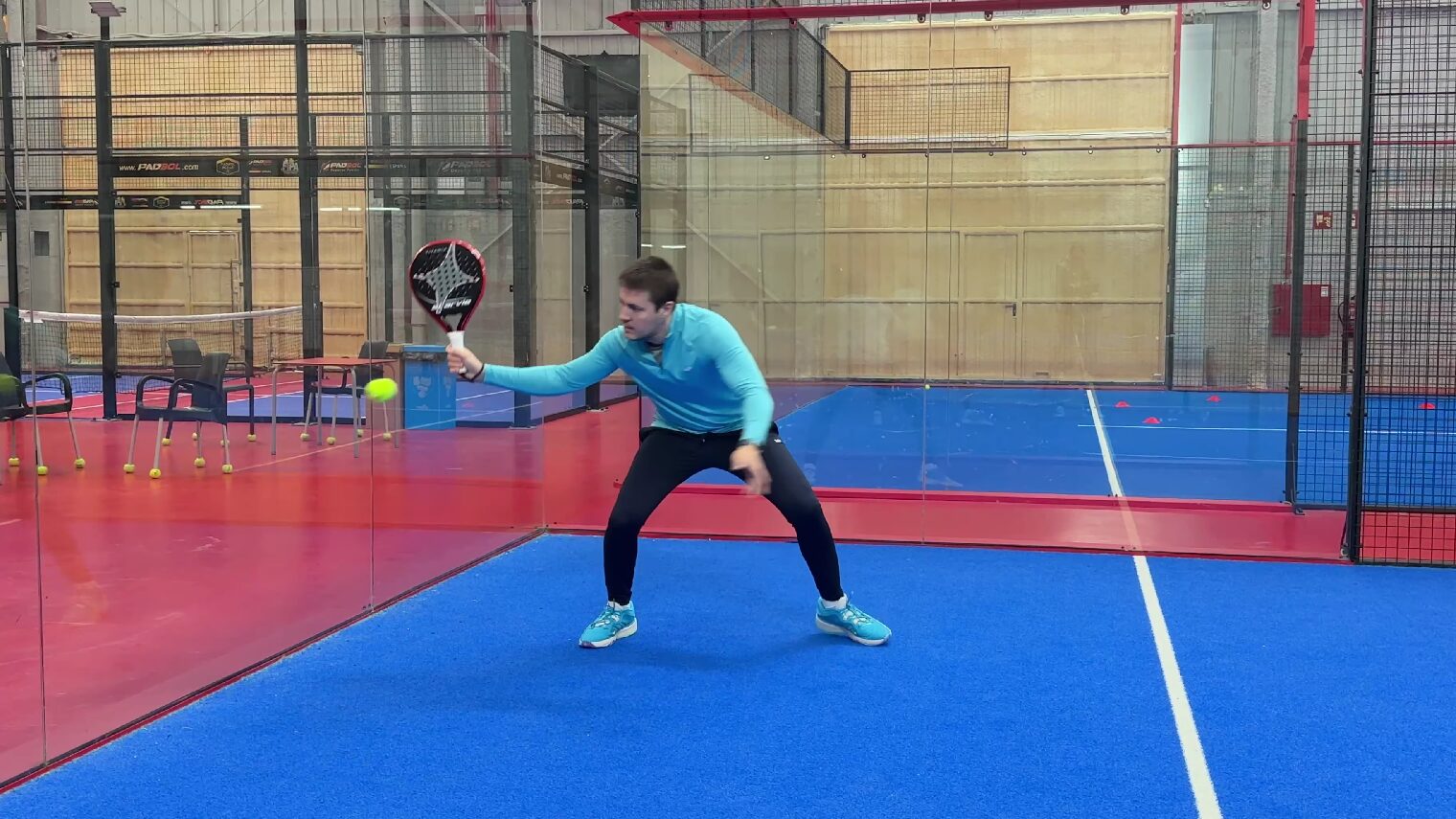 At the heart of padel – Episode 23: defend the window well
At the heart of padel – Episode 23: defend the window well Prohibition on playing topless Padel : the reasons
Prohibition on playing topless Padel : the reasons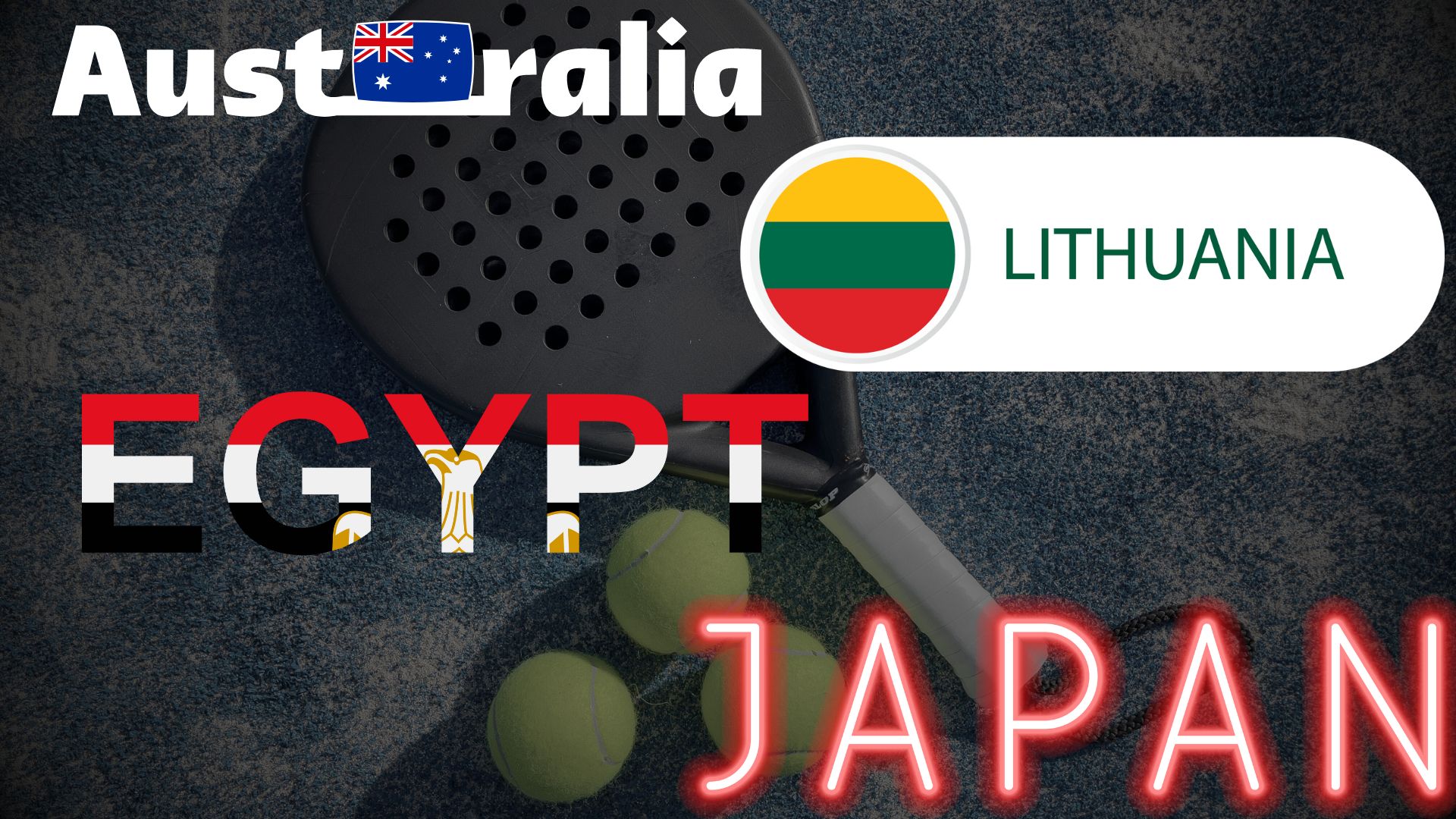 FIP Tour – Going far from Europe, THE strategy to earn points!
FIP Tour – Going far from Europe, THE strategy to earn points! What is a good football player? padel ?
What is a good football player? padel ? “Lefties give me headaches when I play against them!”
“Lefties give me headaches when I play against them!”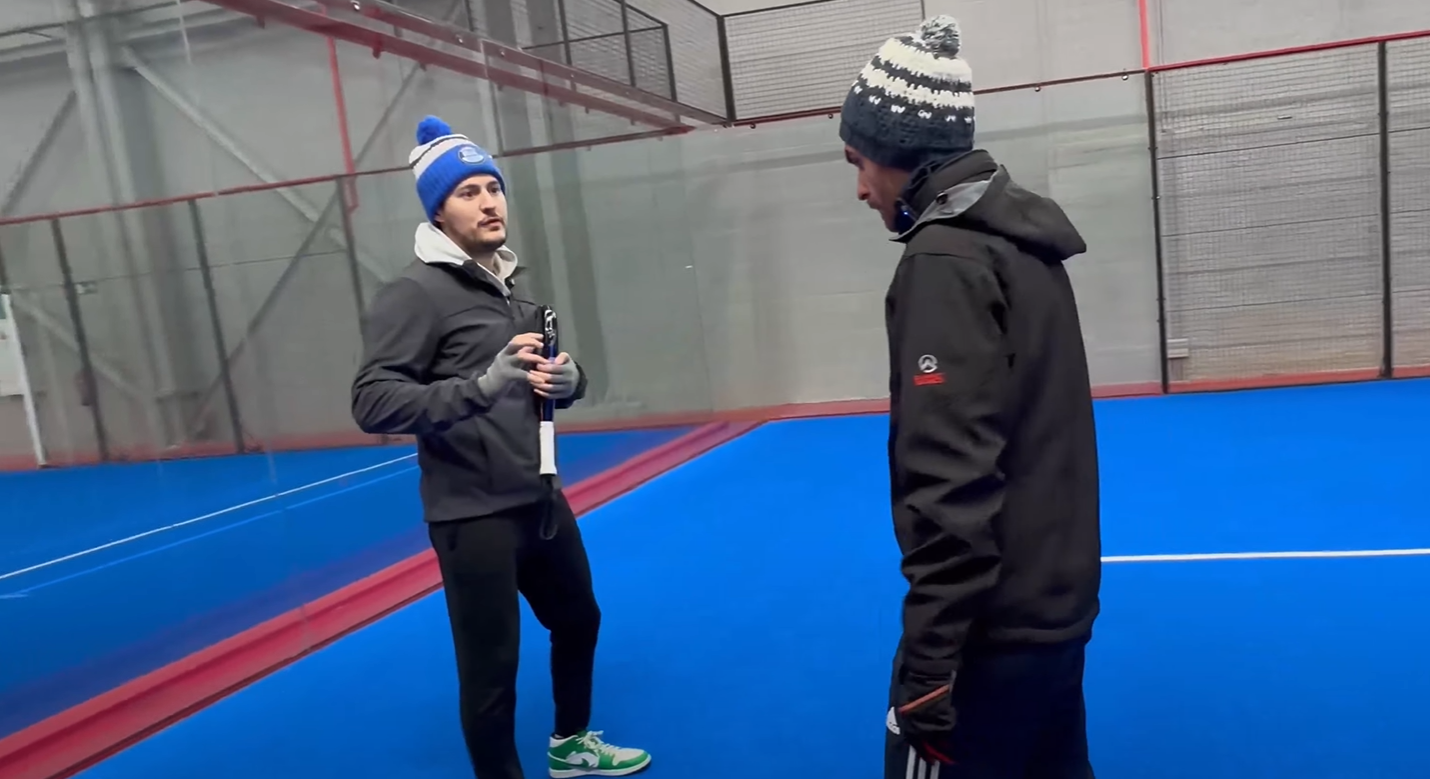 At the heart of padel – Episode 14: how to earn points in winter?
At the heart of padel – Episode 14: how to earn points in winter?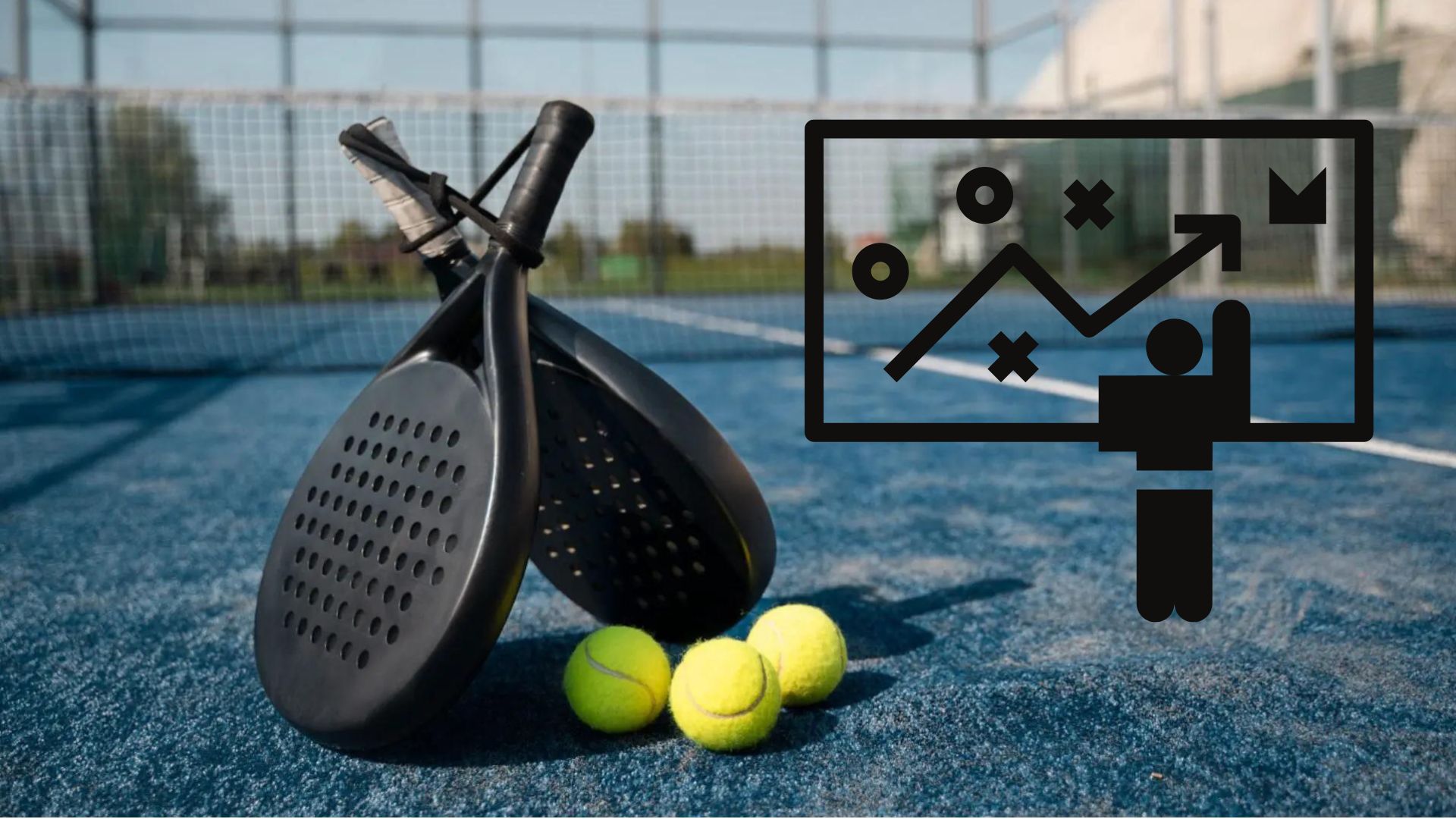 The basic tactics of padel
The basic tactics of padel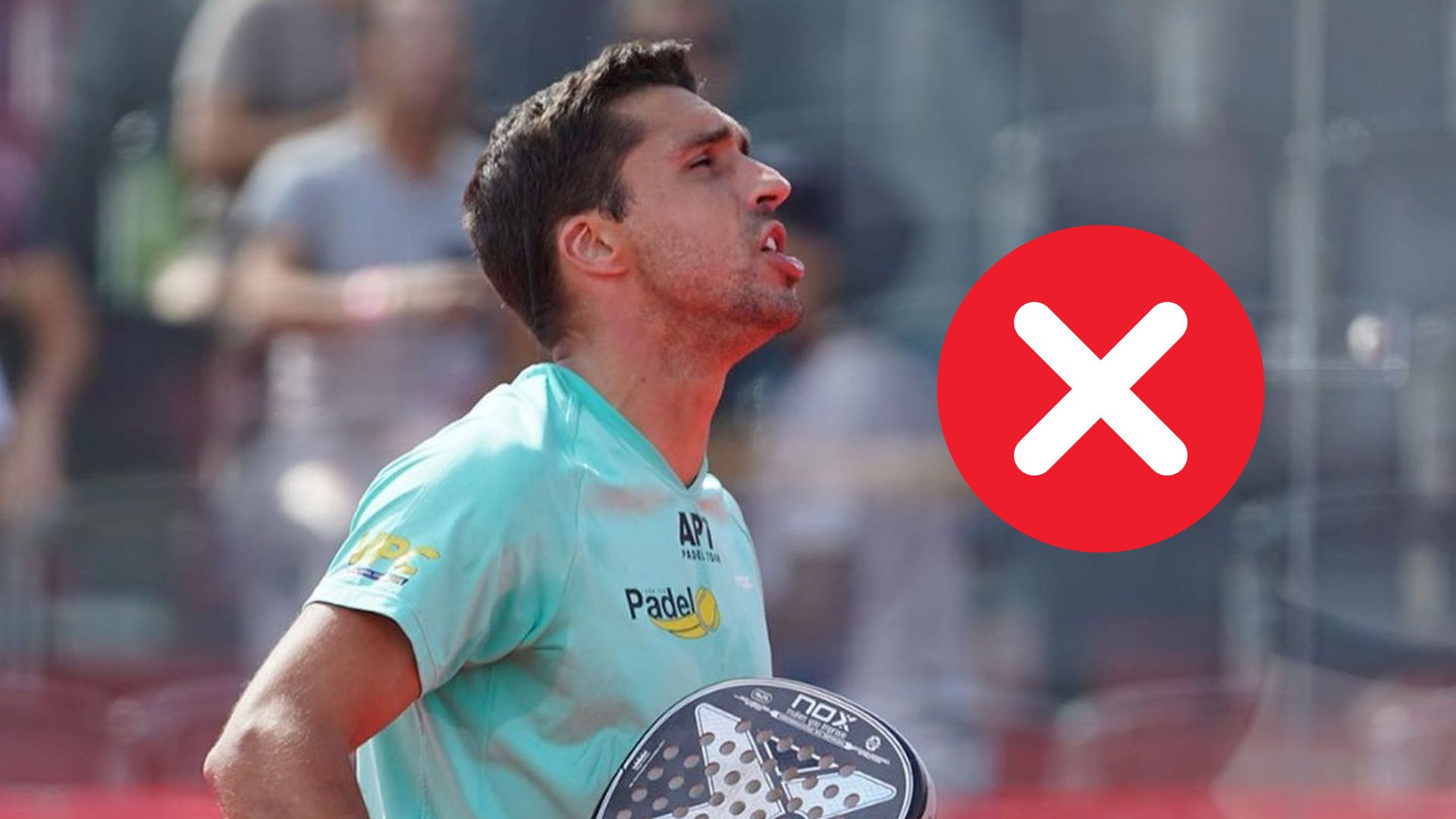 A par 4 is always a winner...even if you manage to defend it!
A par 4 is always a winner...even if you manage to defend it!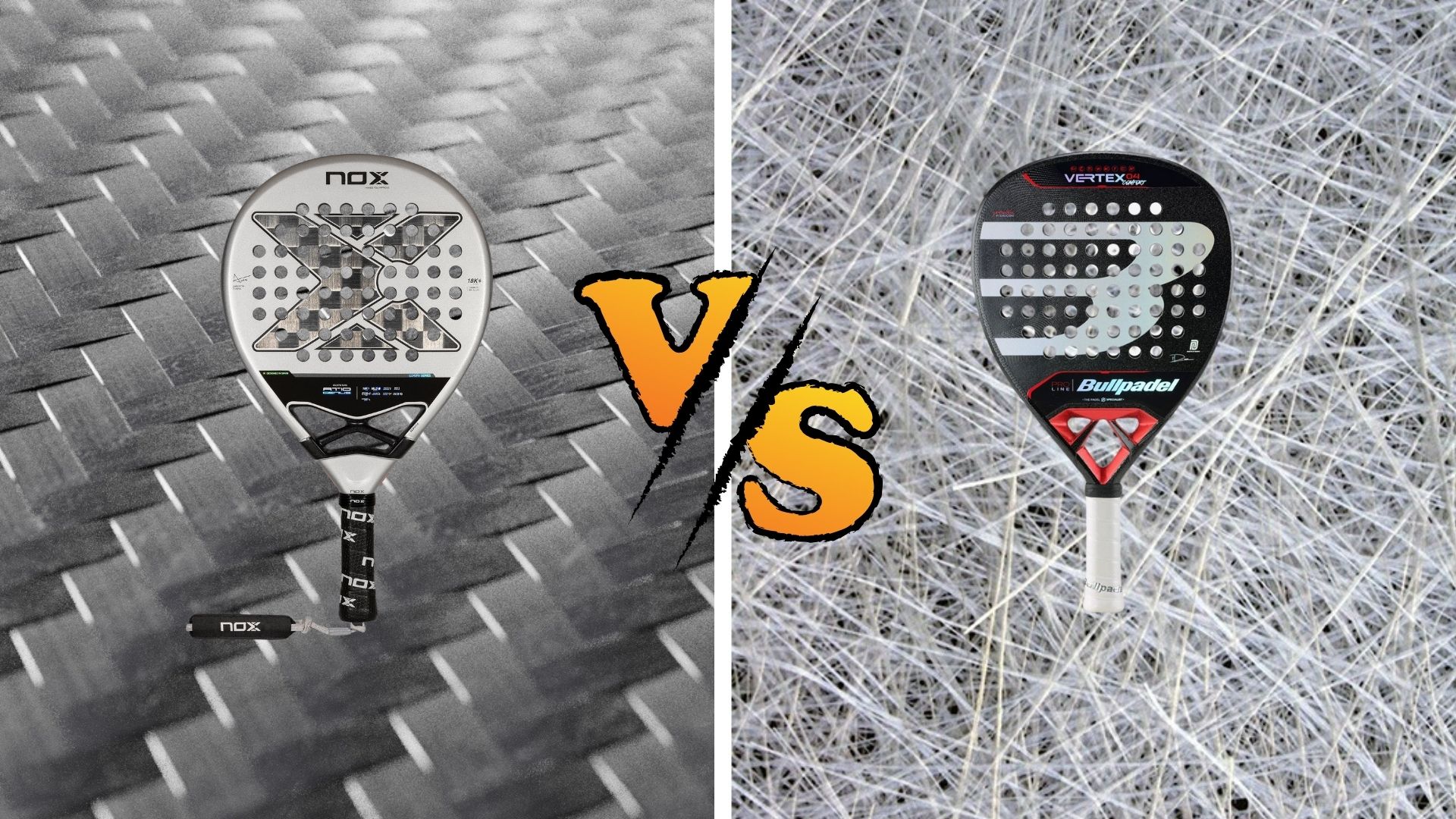 Carbon fiber VS fiberglass: what to choose?
Carbon fiber VS fiberglass: what to choose?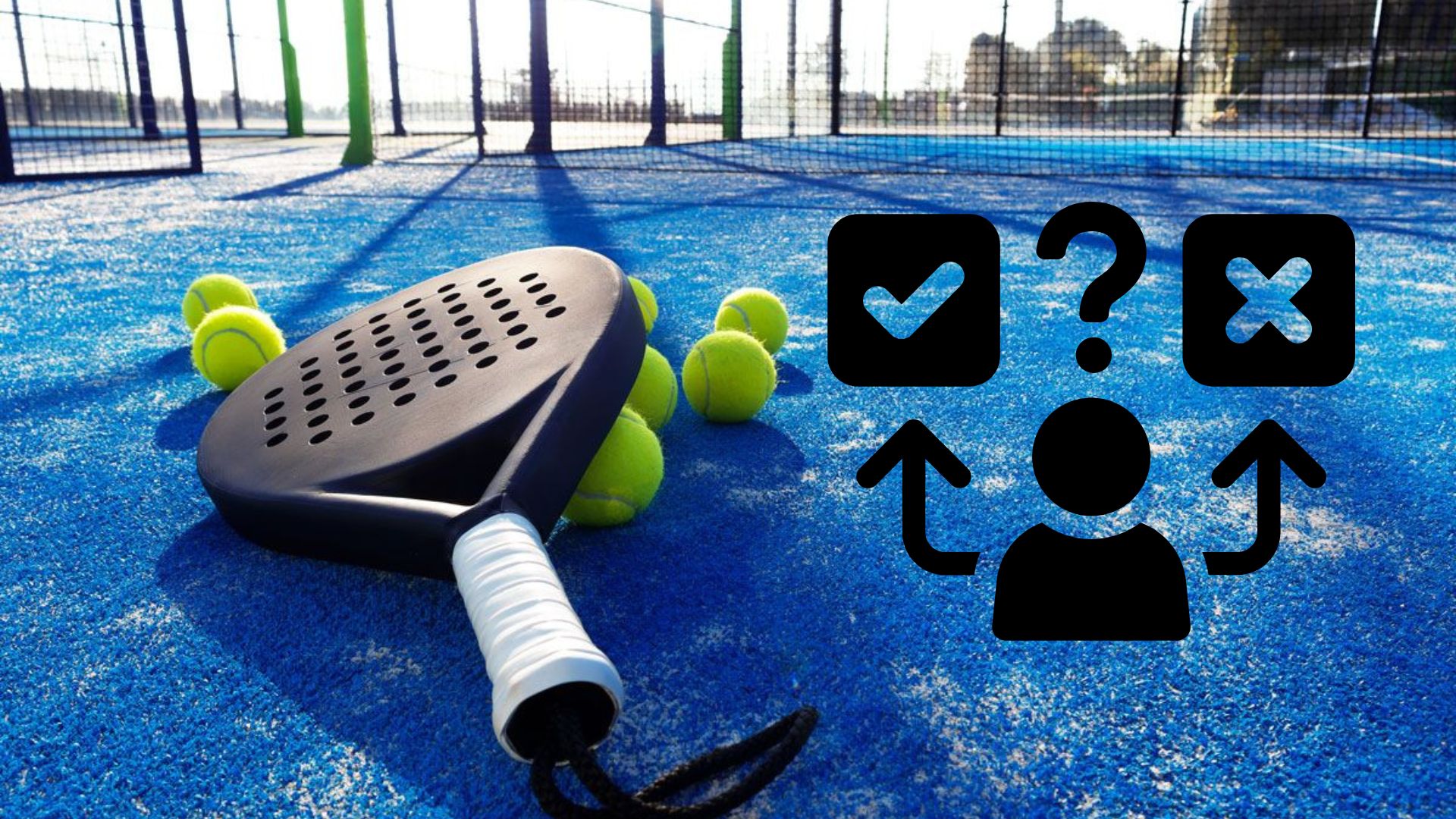 How to effectively test a racket padel ?
How to effectively test a racket padel ?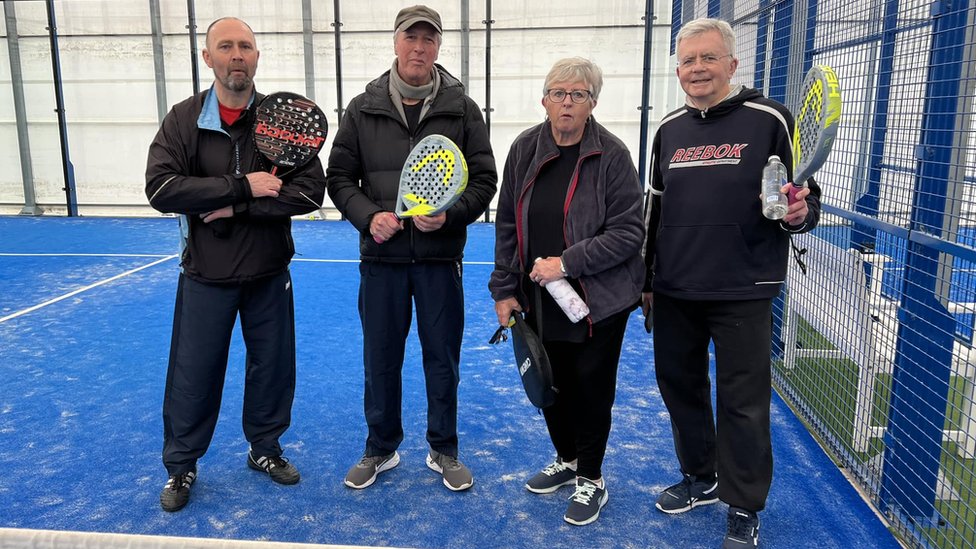 La padel to fight Parkinson's disease
La padel to fight Parkinson's disease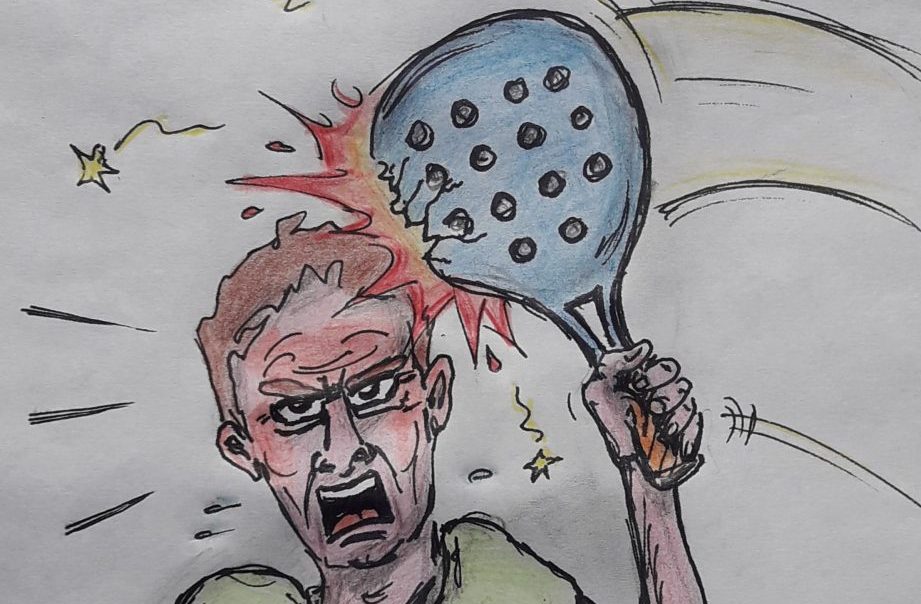 Don't play with a cracked or broken racket, your body will thank you!
Don't play with a cracked or broken racket, your body will thank you! Michel Cymes: “The padel, physically, it’s serious!”
Michel Cymes: “The padel, physically, it’s serious!”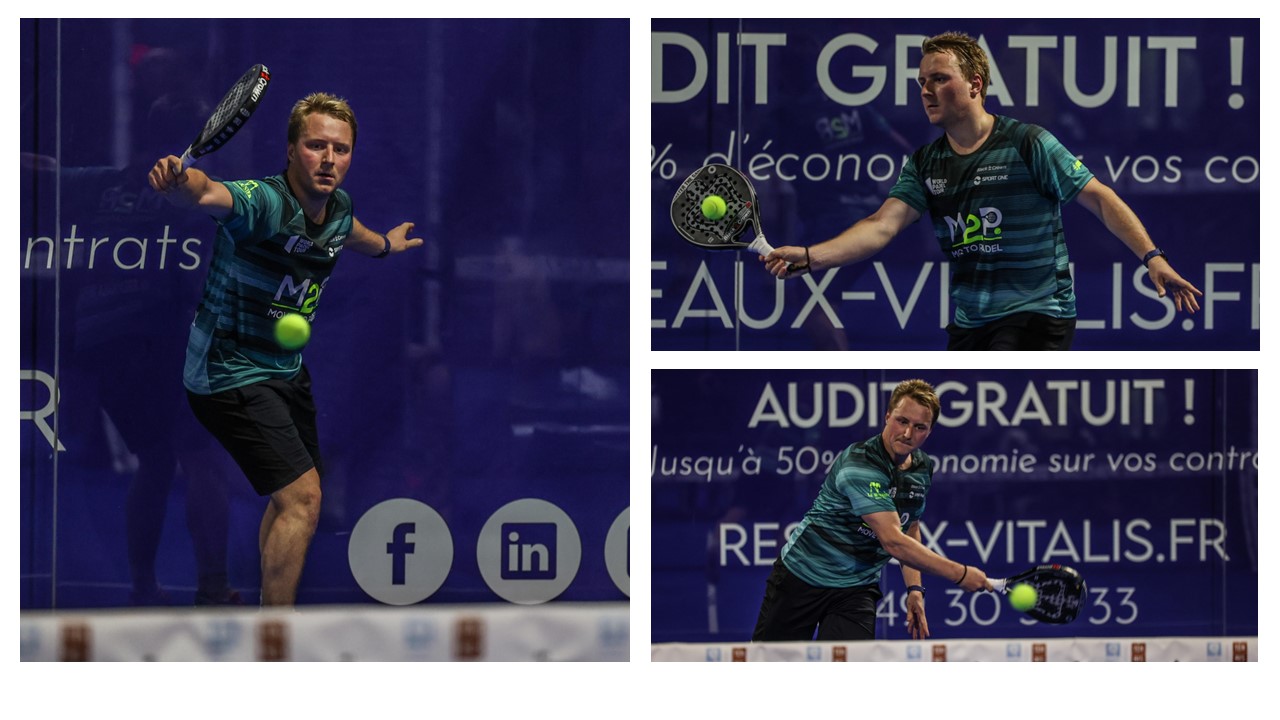 Jeremy Gala: “Promote the padel among young people in Belgium remains a challenge”
Jeremy Gala: “Promote the padel among young people in Belgium remains a challenge”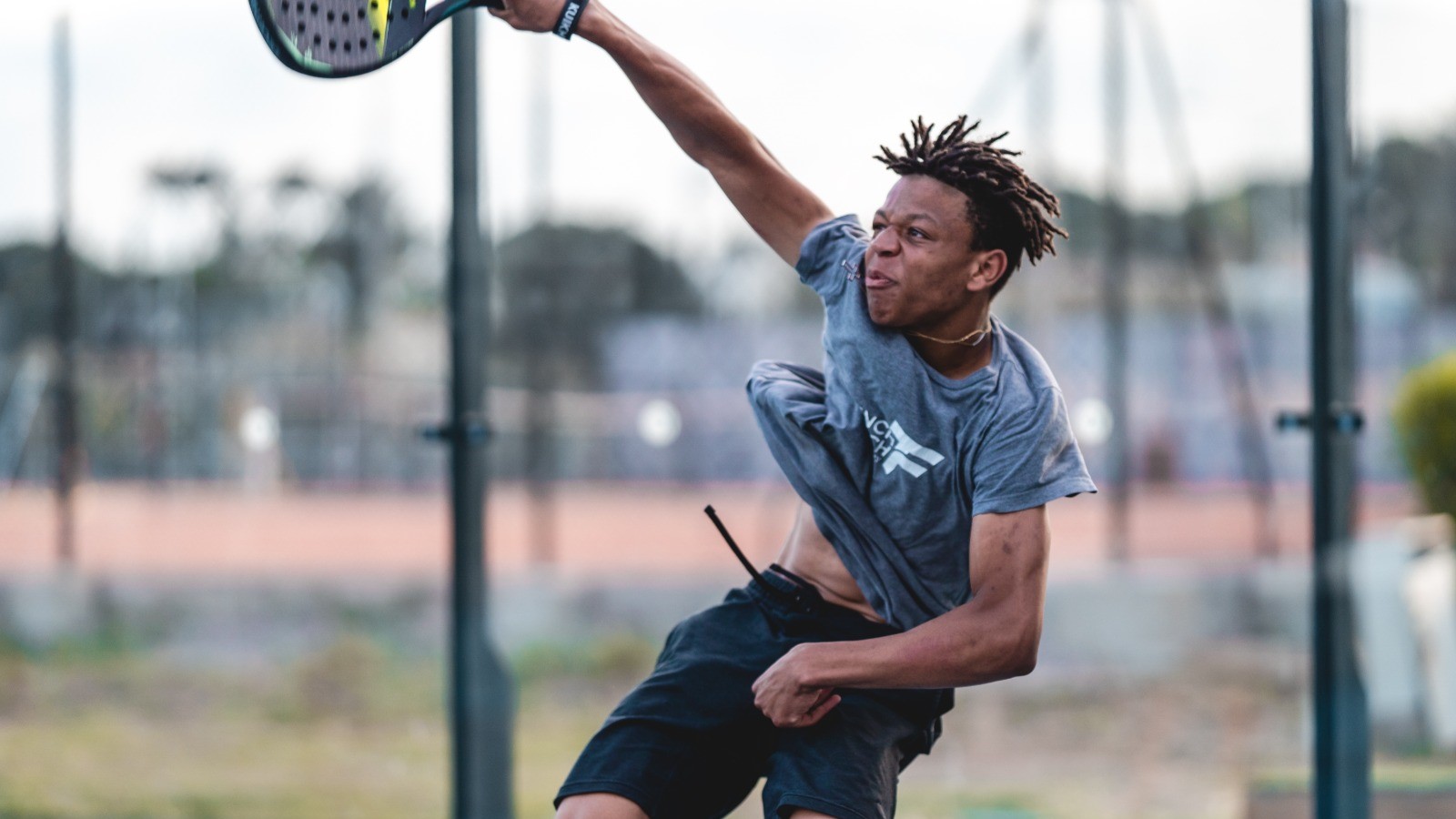 The French Touch Academy organizes its selection day Padel-Study
The French Touch Academy organizes its selection day Padel-Study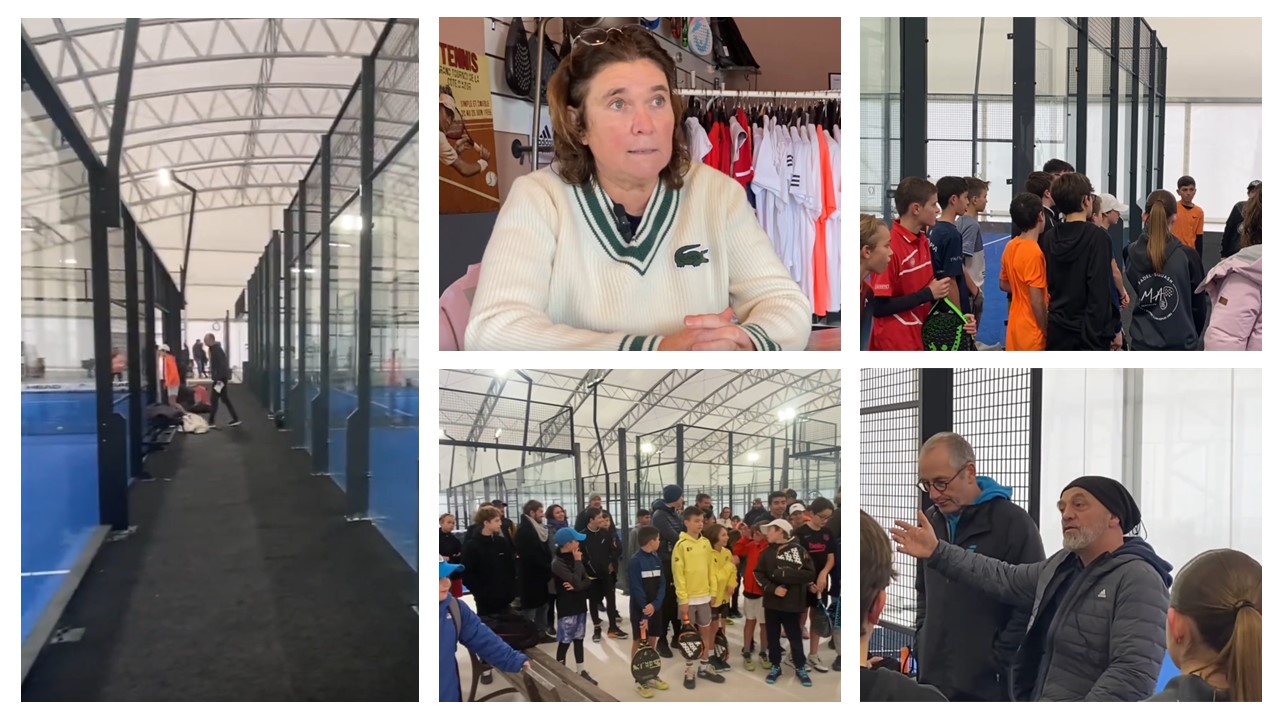 Report on the detection and training of younger generations
Report on the detection and training of younger generations